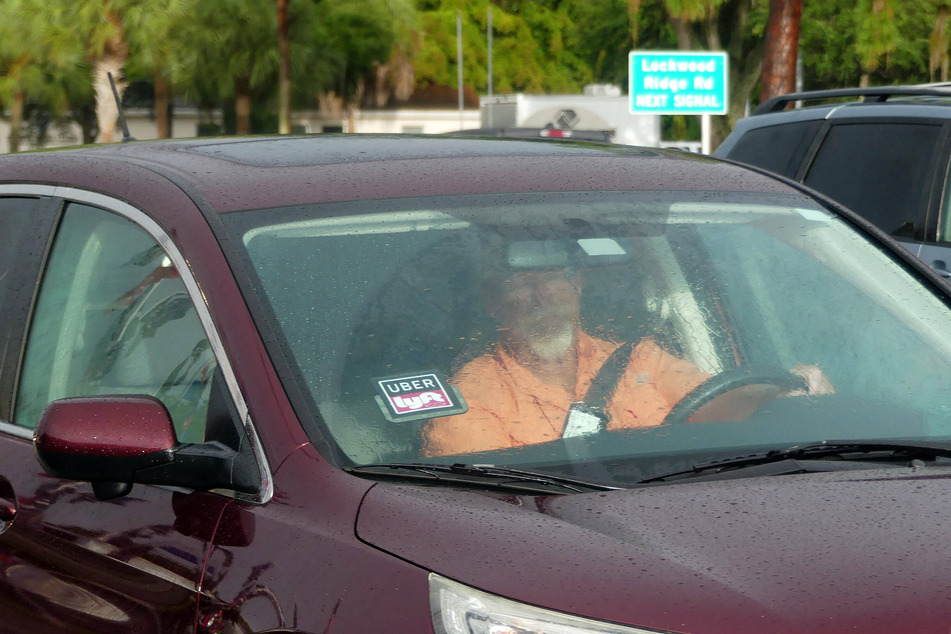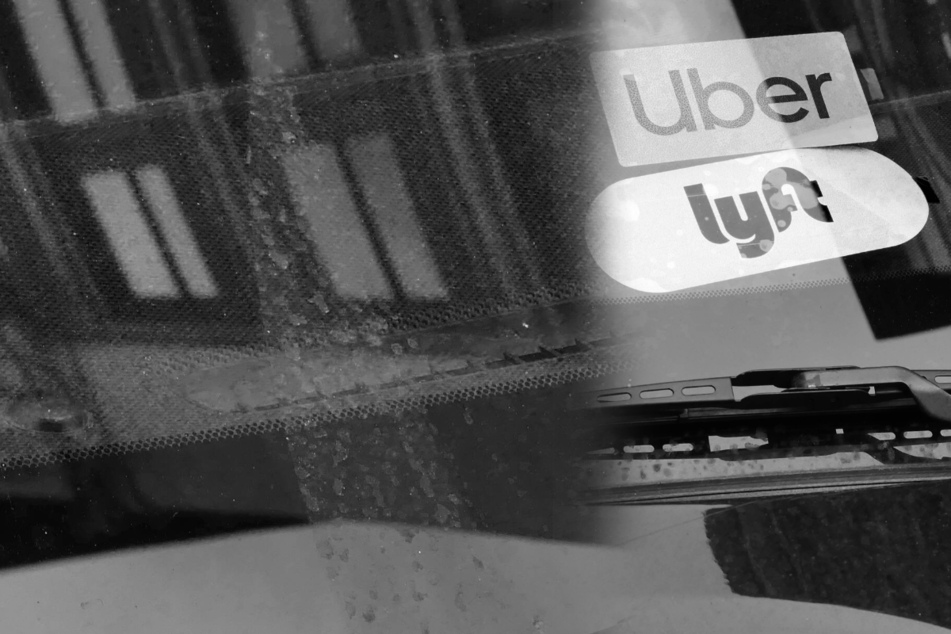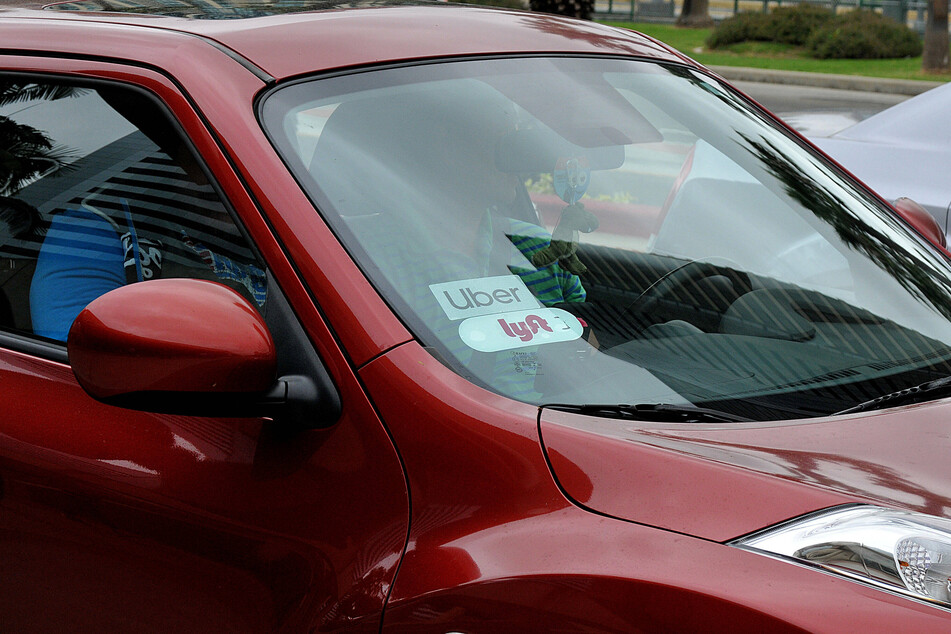Uber and Lyft drivers strike in California over pay and work conditions
Los Angeles, California - Uber and Lyft drivers joining a strike across California on Wednesday are aiming their message at Washington, in the first such strike by ride-hailing drivers intended to rally support for national legislative changes to improve their working conditions.

The 24-hour strike, which began at midnight on Wednesday, aims to push Congress to pass the Protect the Right to Organize Act (PRO) – proposed federal legislation that would allow contractors to unionize if they chose, participating drivers said.
It comes at a time of growing demand for ride-hailing services in Los Angeles and other big cities – as people venture back out to restaurants and bars and there are not enough drivers. Many sat out from work during the pandemic and never returned because they said the pay was no longer good enough.
"I'm striking simply because drivers have never had the ability to negotiate with the company," Los Angeles driver Ben Valdez said. "They've never asked us how much we want to get paid. They just basically indiscriminately change rates and programs however they please."
The strike and accompanying rallies planned for Wednesday in Los Angeles, San Francisco, and San Diego were organized by the driver group Rideshare Drivers United, which said this was the first such strike since Californians voted overwhelmingly to pass Proposition 22.
The bill enshrined into law many gig workers' contract status, allowing companies such as Uber and Lyft, which bankrolled the measure, to continue to rely on relatively cheap labor without having to offer the slate of benefits and protections employees usually get.
Many drivers for ride-hailing services say their earnings, and their ability to control their working conditions, have deteriorated since Proposition 22 passed less than a year ago, and with Wednesday's strike they are saying: No more.
Drivers are putting pressure on Congress rather than Uber and Lyft

By directing their protest at US lawmakers, they are bypassing their usual route of pressure on Uber and Lyft, who they have long tried to lobby to increase fares or be more transparent about what riders pay and what share of that drivers get.
Some drivers say in the months since Proposition 22 passed in November, they've come to realize how little control they have over how they do their work and the compensation they receive.
Changes implemented by Uber and Lyft in the last year or so have made work hours and the size of their paychecks less reliable. That includes lower per-mile pay for airport rides, and reversing some work features that made the job more flexible and transparent.
Uber did not respond to a request for comment.
Lyft referred to Protect App Based Drivers and Services, the coalition that backed Proposition 22 and includes Lyft, Uber, and community groups. A coalition representative said Uber and Lyft drivers had benefited from the passage of the bill in some ways, including the ability to qualify for help with healthcare and subsidies.
The passage of the PRO Act would expand protections

As of April 2021, Uber drivers in Los Angeles make $26.85 an hour while those in San Francisco make $25.28 an hour, a representative said. Full-time Lyft drivers also can qualify for up to $4,800 in health care subsidies.
The ride-hailing driver group said it wasn't seeking or expecting immediate changes or concessions from the companies. Instead, striking drivers want the ability to negotiate a contract with Uber and Lyft through a union so they can help set the terms of their work, including fair and transparent payment.
The PRO Act, which passed the House in March, would expand some labor protections – including penalizing employers for retaliating against workers who try to unionize – and it could allow contractors to unionize if they chose to do so.
Although the legislation has garnered support from Democratic senators, three Senate Democrats have yet to agree to co-sponsor the bill: Mark Warner of Virginia and Mark Kelly and Kyrsten Sinema of Arizona.
"Without the PRO Act, drivers have no control over what companies choose to do," said Brian Dolber, a Rideshare Drivers United organizer and associate professor of communication at California State University San Marcos. "They are completely at their whim."
Cover photo: IMAGO / ZUMA Wire